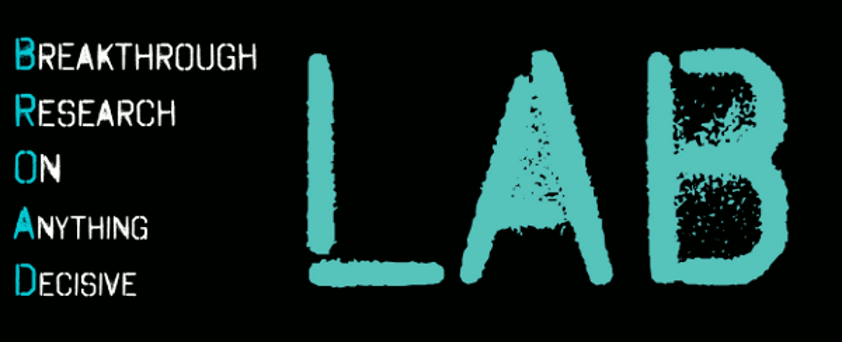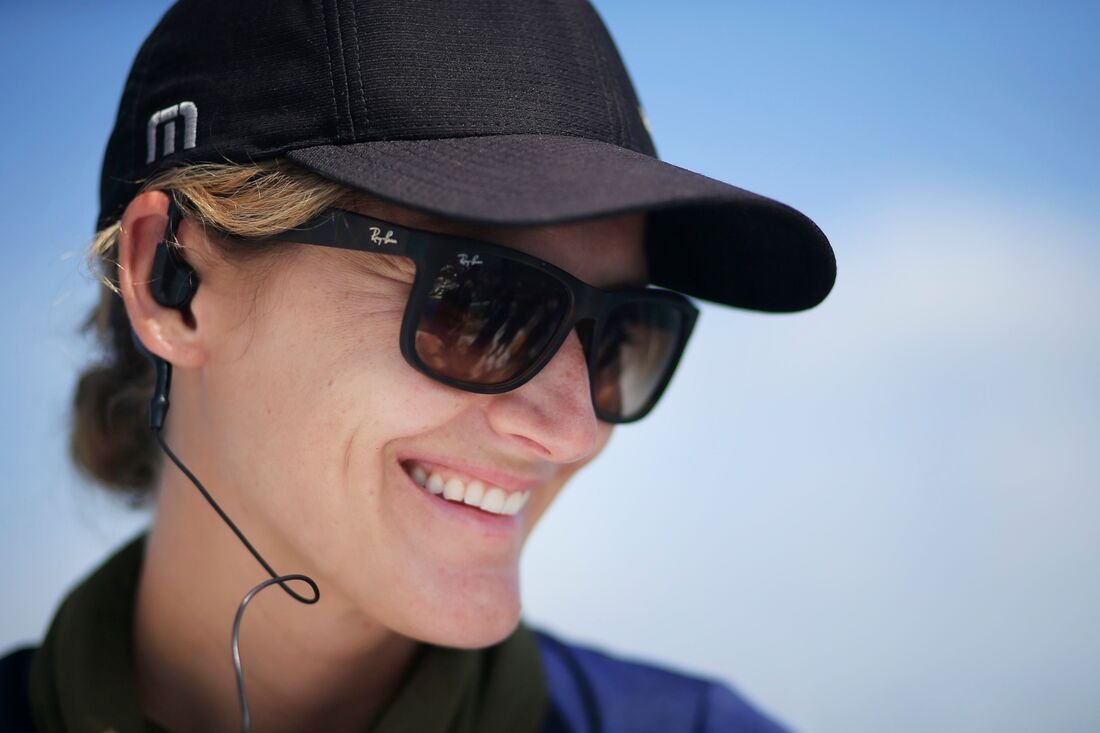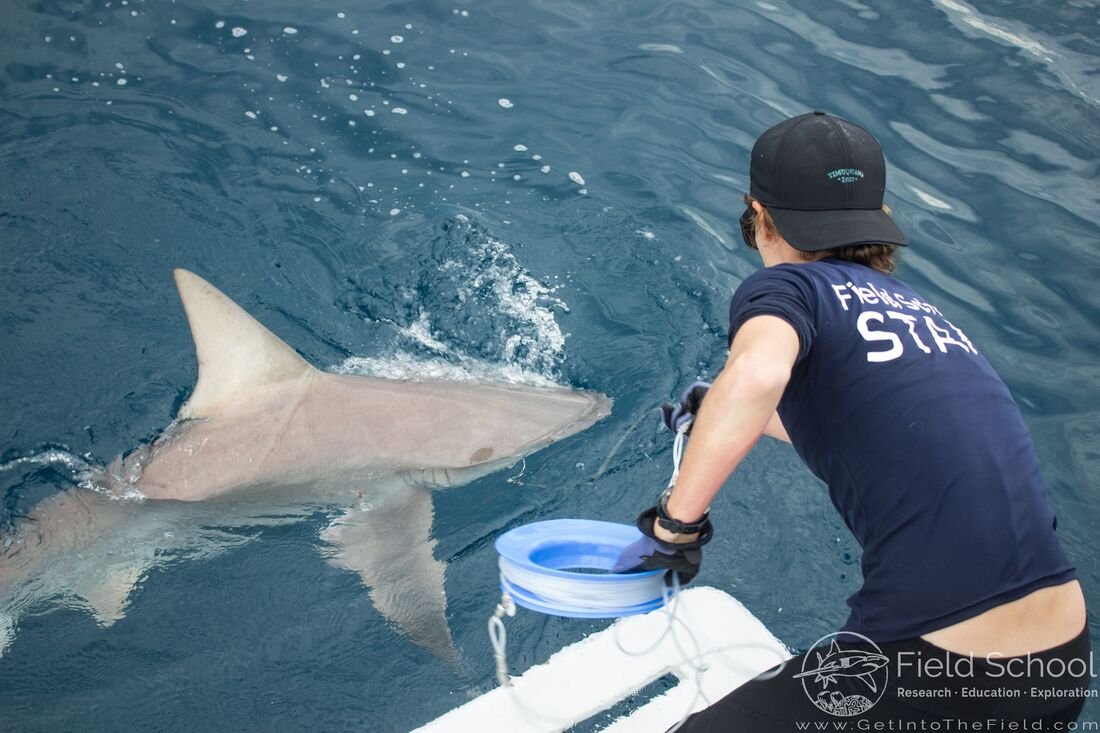Catherine Macdonald
Catherine’s dissertation was an interdisciplinary study of shark tourism which addresses the historical roots of modern human-shark interactions, analyzes the present impacts of the industry on human perceptions of sharks and shark attack risk, and proposes some limitations to the conservation value of shark tourism. She also seeks to better understand the mechanisms and impacts of behavioral conditioning and physiological arousal associated with provisioning tourism, and to contribute to the creation of management policies which maximize benefits and minimize risks for both humans and sharks.
She is now a Research Assistant Professor at the Rosenstiel School of Marine and Atmospheric Sciences at the University of Miami and is the Track Coordinator for the Marine Conservation track of the Masters of Professional Science Program. She teaches courses in Marine Conservation Biology, Shark Ecology and Conservation, and marine field research skills. Her interdisciplinary research is focused on science-based conservation of marine environments and species, especially in highly human-impacted habitats.
Catherine is the co-founder and Director of Field School, a marine field science training program with a focus on conducting safe and responsible marine field work in an inclusive and supportive environment. She has more than a decade of research experience with sharks and rays, and is an internationally recognized trainer in animal handling and restraint. She conducts social, biological, ecological, and fisheries research at field sites in South Florida and the Eastern Caribbean. Dr. Macdonald is a 2021 National Geographic Explorer through a grant supporting her research following her team’s discovery of the first known nursery for the Critically Endangered great hammerhead on the east coast of the United States. Her work has been covered in national and international media, including the New York Times, Washington Post, and National Geographic.
Catherine works to increase safe and welcoming field research opportunities for historically (and often currently) excluded groups in STEM, particularly scientists of color, women, and LGBTQ+ scientists. She is a “Friend of MISS” (Minorities in Shark Science) and was the 2021 winner of the Student-Led Evaluations and Development Committee (SLED) Mentor of the Year award.
Learn more and contact Catherine here.


